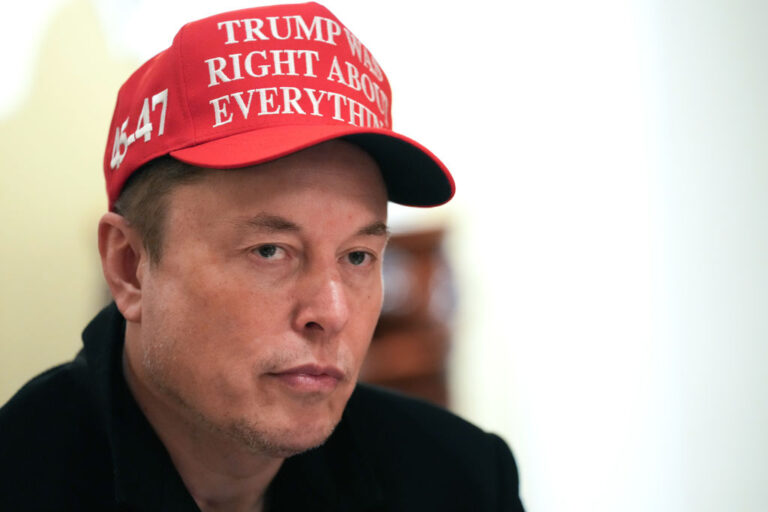Elon Musk has officially stepped down from his brief political stint, parting ways with the Trump administration just days before his scheduled exit. The billionaire entrepreneur, known for his leadership at Tesla and SpaceX, served as a Special Government Employee — a limited role capped at 130 working days per year.
Though Musk was set to finish his term on May 28, he resigned three days early following public criticism of President Trump’s latest fiscal initiative, a massive spending package the president proudly referred to as his “big, beautiful bill.”
In a CBS interview aired on May 27, Musk didn’t hold back:
“I was disappointed to see the massive spending bill — frankly, it increases the budget deficit, not decreases it, and undermines the work the DOGE team is doing.”
He added with characteristic wit:
“A bill can be big, or it can be beautiful… but I don’t know if it can be both.”
Following his comments, the White House reportedly accelerated the offboarding process, according to the BBC.
Taking to his social platform, X, Musk confirmed his departure:
“As my scheduled time as a Special Government Employee comes to an end, I’d like to thank President @realDonaldTrump for the opportunity to reduce wasteful spending. The @DOGE mission will only grow stronger as it becomes a way of life across government.”
While Trump has not made an official statement in response, a cryptic meme posted on Truth Social showed the former president walking alone down a dark street, with the caption:
“He’s on a mission from God & nothing can stop what is coming.”
The unexpected exit of one of the most influential voices in tech adds a new twist to the ongoing dialogue around government spending — and leaves many wondering what Musk’s next move will be.

Inside Elon Musk’s Shock Resignation and the Battle Over Trump’s “Big, Beautiful Bill”
Though never elected, Elon Musk played a powerful role in Washington as co-leader of the Department of Government Efficiency (DOGE), a controversial initiative he helmed alongside entrepreneur and former presidential candidate Vivek Ramaswamy. Their mission? Slash waste, dismantle bureaucracy, and dramatically cut federal spending.
Their aggressive agenda included sweeping layoffs, the elimination of Diversity, Equity & Inclusion (DEI) programs, and deep cuts to the Department of Education. Musk even pledged to fully shut down DOGE by July 4, 2026 — a symbolic gesture meant to tie the department’s dissolution to America’s Independence Day.
The “Big, Beautiful Bill” That Sparked the Rift
At the heart of Musk’s abrupt resignation lies a massive new spending package that President Trump has proudly dubbed his “big, beautiful bill.” The legislation calls for significant hikes in defense spending, trillions in tax breaks, and the launch of a futuristic missile defense system dubbed the “Golden Dome.”
Despite narrowly passing the House, the bill still awaits Senate approval. Critics argue it could bloat federal spending by as much as $600 billion in the next fiscal year — a move that Musk says directly undermines the very goals DOGE was created to achieve.
A Clash of Titans
Musk’s resignation may have been expected, but his fiery departure — and pointed rebuke of Trump’s fiscal priorities — has exposed a growing ideological rift between two of the GOP’s most influential figures.
While Musk’s role as a Special Government Employee was always intended to be short-term, his early exit and public criticisms have turned what might have been a quiet departure into a headline-making moment. As debates over fiscal policy intensify ahead of the 2026 election cycle, Musk’s comments are sure to echo — both in Washington and beyond.